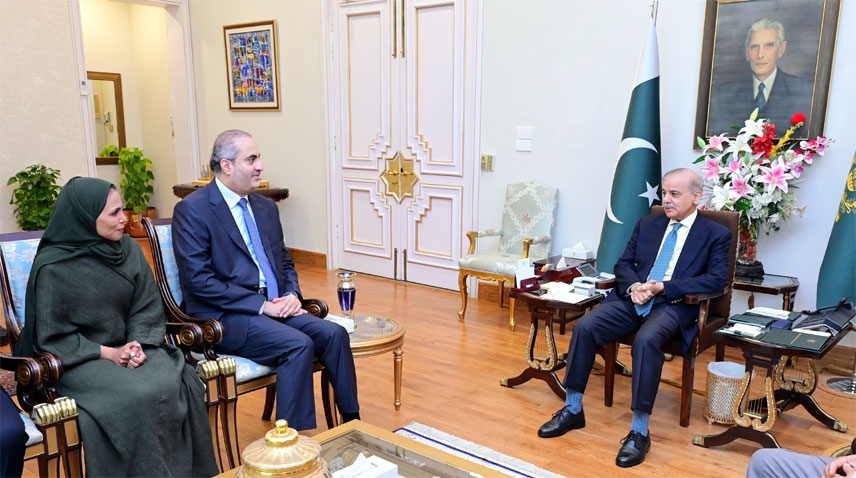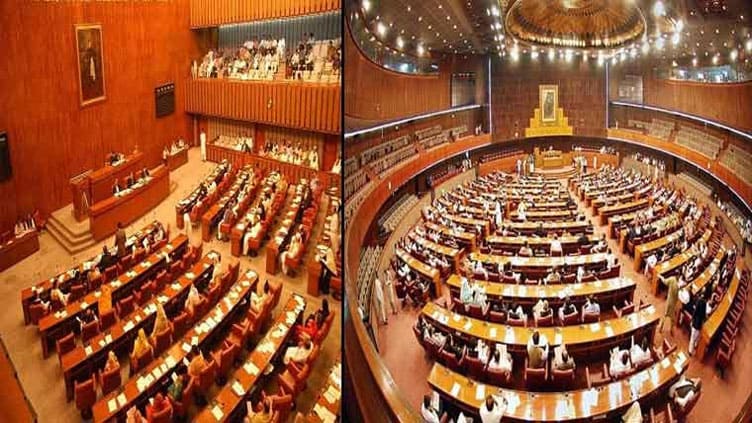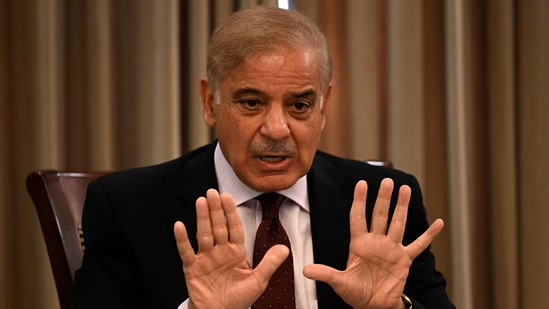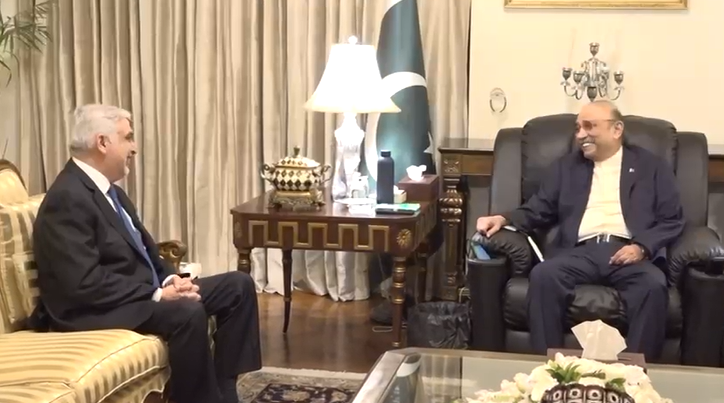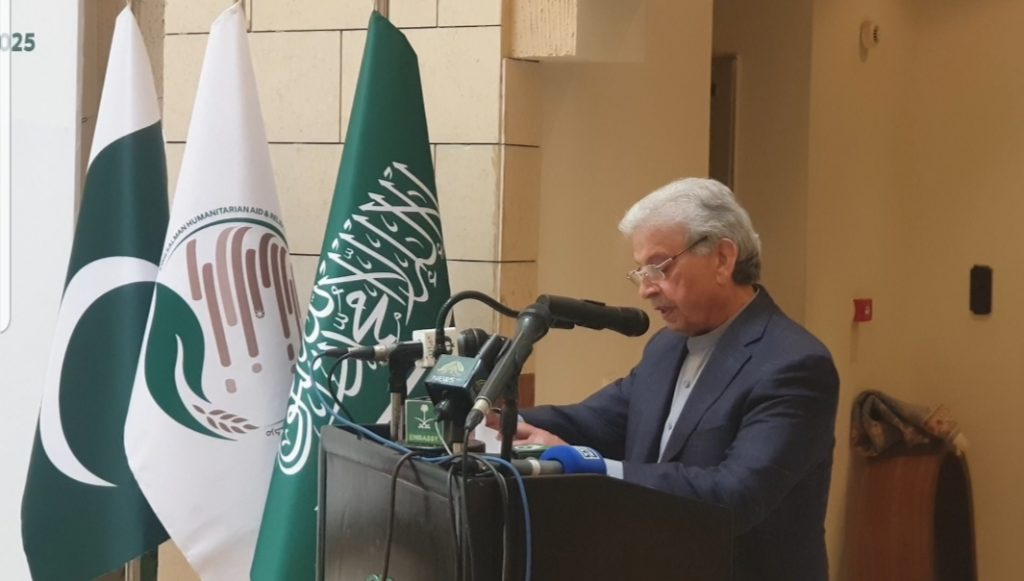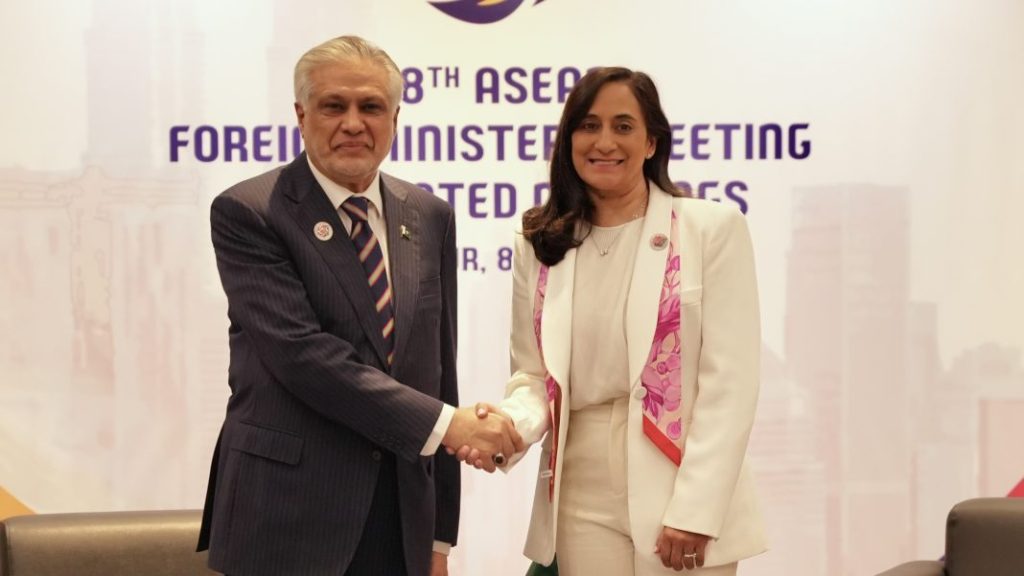The hotel sector is always unhappy and less paid, and it shall not be imprecise if I say, that less flourished in Pakistan. Sometimes it has a huge hit by terrorism, and sometimes its occupancy is hit by instability or political turmoil, and that is never stable in our country. Gradually, hotel owners have also learned to work with lean management. Especially after COVID-19, they started working with lean management and then preferred working with multitaskers. As our hotel sector is always on the edge of crises in all aspects, recovery of RevPar and the availability of skilled hotel workers have been tough tasks always. Another element is also rising in all kinds of hotels from 2 stars to 5 stars, which are hiring multitasking employees.
Polychronic behavior refers to individuals’ preference for multitasking and engaging in multiple activities simultaneously, while monochronic behavior is characterized by a focus on one task at a time. In the current times, lots of hotels are going to adopt polytonicity whereas employees have always had a negative attitude towards it due to less salary structure in the hotel line. Whereas it has been seen that it reduces costs and increases the profit for the owner but chances of retention of the guests vary from 2-star to 5-star hotel guests.
Polychronic behavior can be seen as a characteristic of collectivist cultures, like Portugal, and Turkey, where people tend to prioritize relationships and adaptability over strict adherence to schedules. The Pakistani hotel sector has also emerged in the same category from the last two decades and especially after covid-19, this practice is becoming normal.
On the other hand, monochronic behaviour is often associated with individualistic cultures, particularly in Western societies, like USA, Germany, and Australia. This is getting popular because, Pakistan has collectivist culture in most of its provinces.
Globalization and cultural exchange have led to the intermingling and adaptation of these behavioural orientations. In multicultural societies and industries, for the hotel industry, both polychronic and monochronic behaviours coexist. Individuals from different cultural backgrounds bring their distinct time orientations, influencing workplace dynamics and service provision.
Polychronic behaviour has several implications for hotel guest services. Individuals with a polychronic orientation can efficiently handle multiple tasks simultaneously, which is advantageous in a hotel setting where employees frequently face multiple demands.
For instance, a front desk receptionist who can answer phone calls, check-in guests, and provide concierge services concurrently exhibits effective polychronic behaviour. This behaviour enhances operational flexibility and responsiveness, leading to improved service delivery. Polychronic behaviour can impact hotel services in various ways.
Polychronic individuals are comfortable handling multiple tasks simultaneously, allowing them to engage in a diverse range of activities. This behaviour can be advantageous in hotel settings where employees often face dynamic and unpredictable situations provided they are well-trained and well-paid. Otherwise, most of the employees prefer to perform as non-multitaskers.
In modern countries, lots of trainings are conducted for developing the employees as multitaskers. Multitasking sometimes satisfies the guest and his needs and sometimes rebounds with hyper complaints mostly in 4 and above star hotels. Polychronic and monochronic behaviour on hotel services is not solely determined by individual preferences but is also influenced by cultural factors. Different cultures exhibit varying levels of polychronic or monochronic tendencies.
For instance, some cultures may emphasize punctuality, strict adherence to schedules, and efficient service delivery (monochronic cultures), while others may prioritize relationship-building, flexibility, and a relaxed approach to time (polychronic cultures). Hoteliers operating in multicultural contexts need to consider these cultural tones when designing their service delivery strategies to cater to diverse customer expectations effectively. Both behavioural tendencies have their strengths and weaknesses, influencing service quality, customer satisfaction, and operational efficiency. Hotel managers can leverage these findings to develop strategies that capitalize on the strengths of both orientations, creating a balanced and effective service environment.
Customer perception and satisfaction, service delivery and operational efficiency, communication and coordination, and cultural factors all play crucial roles in understanding and managing this impact. A hotel leadership can define this as per its needs and requirements and it can bring good effective change in the costs in below 3-star hotels where as 3 and above 4 to 5-star hotels in Pakistan are not recommended as the clients are paying high room-rent and demand-prompt services.
Hotel is a high-level and rich-cultured business so the hotel management should run a hotel like a hotel is run internationally considering that a visitor who stays may get a memorable experience.




